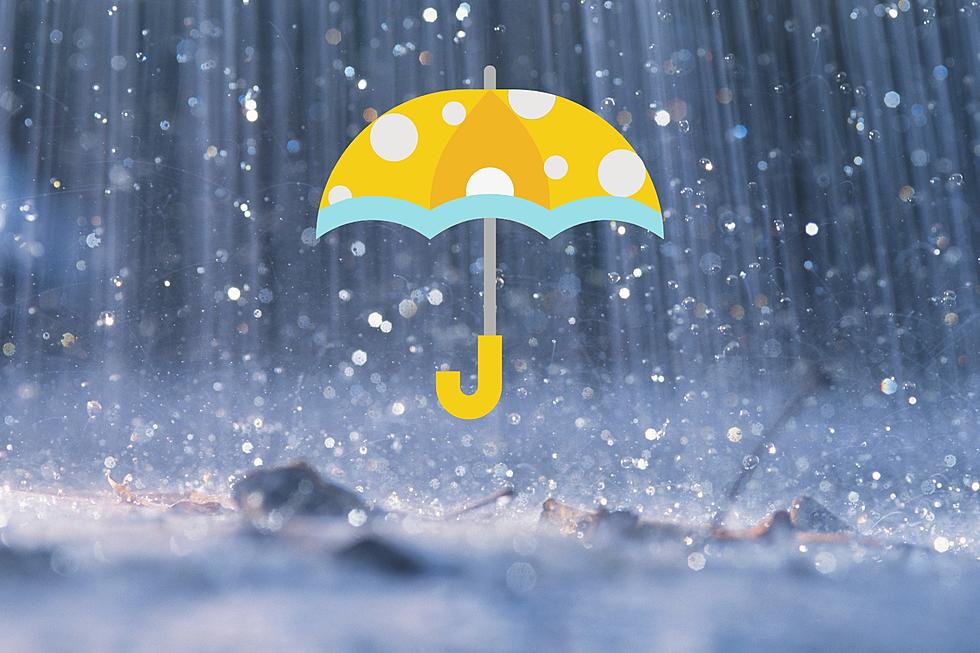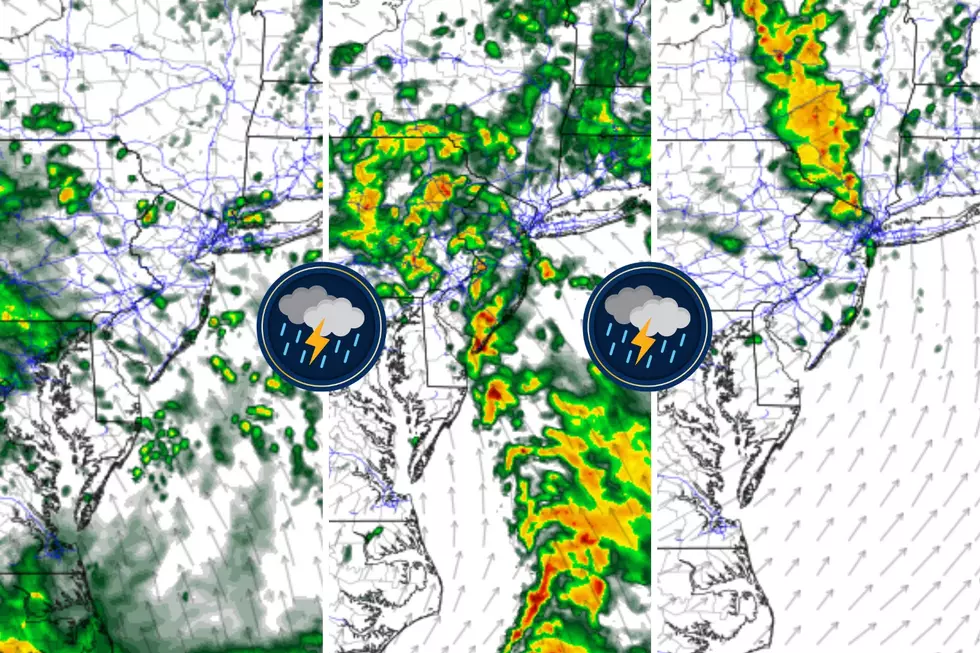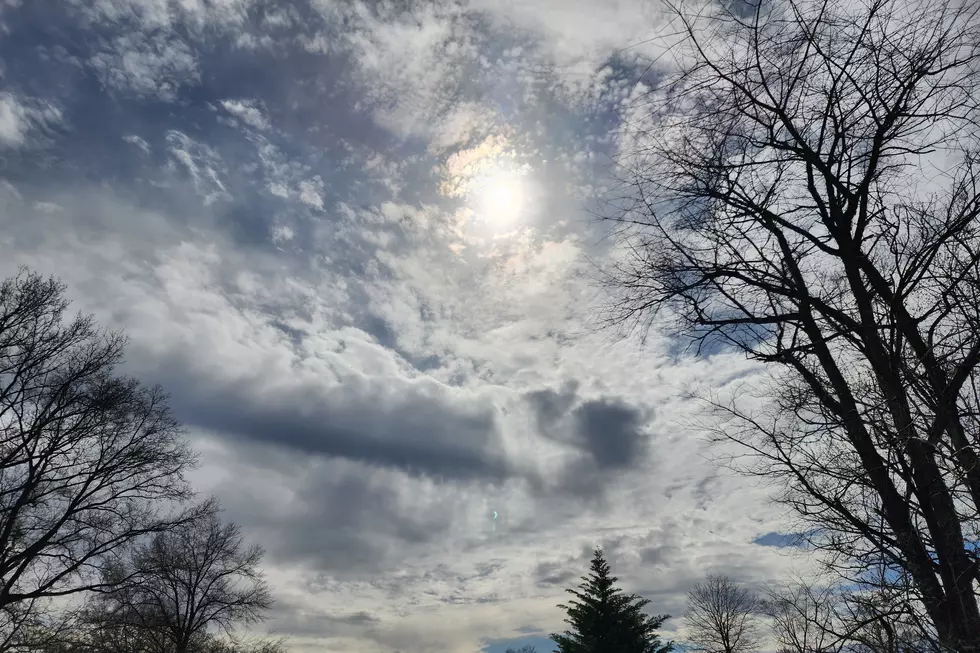
Never another ‘Hurricane Ida’ in NJ: The name is officially retired
At Wednesday's annual meeting of the RA IV Hurricane Committee of the World Meteorological Organization, it was decided and announced that "Ida" will be officially retired from the list of tropical cyclone names in the Atlantic basin.
According to the National Hurricane Center, "Six [name] lists... are used in rotation and re-cycled every six years, i.e., the 2021 list will be used again in 2027. The only time that there is a change in the list is if a storm is so deadly or costly that the future use of its name for a different storm would be inappropriate for reasons of sensitivity."
Ida was the only storm from the active 2021 Atlantic hurricane season selected for retirement. It will be replaced by Imani in 2027.
Ida's Track
Ida formed from a tropical wave in the Caribbean Sea on August 26, 2021. It was then upgraded to a hurricane the following day, as it approached the southwest coast of Cuba. Over the warm waters of the Gulf of Mexico, Ida rapidly intensified into a powerful category 4 hurricane, with sustained wind speeds up to 150 mph and a central pressure down to 929 millibars.
Hurricane Ida made landfall near Port Fourchon, Louisiana, the fifth strongest U.S. hurricane landfall on record. It caused catastrophic storm surge flooding and wind damage along the Gulf Coast. 26 deaths in Louisiana and 2 in Alabama were directly related to the storm.
Of course, Ida's story becomes relevant to New Jersey and the Northeast U.S. as the storm continued tracking north-northeast after landfall. The storm become "post-tropical" or "extratropical" over West Virginia — that means it was no longer "feeding" off warm ocean water, and started to lose its "tropical" structure and characteristics.
Ida's Impacts
Unfortunately, the worst-case scenario played out as Ida's remnant low tracked directly over New Jersey. Starting on the evening of September 1, 2021, rain poured at an incredible rate — over 3 inches an hour for a time. The state's top rainfall total was 10.06 inches at Manville, Somerset County. Most of that fell within a span of 3 to 4 hours Wednesday night.
Streets flooded and rivers swelled quickly due to the deluge. Some of New Jersey's biggest rivers — the Raritan, the Passaic, and the Millstone — experienced major category flooding. Record river levels set during Tropical Storm Irene (2011) and Tropical Storm Floyd (1999) were broken.
In addition to the torrential rain and flooding, three tornadoes touched down in New Jersey during the storm. The most intense of which — an EF-3 rated twister that caused heavy damage in Mullica Hill, Gloucester County — was New Jersey's strongest recorded tornado since 1990.
Tragically, 30 direct and indirect fatalities were recorded in New Jersey as a result of Ida's wrath. 24 due to freshwater flooding (in cars or outside), 2 due to freshwater flooding (in homes or apartments), 2 caused by electrocution, and 1 flooding-related medical emergency.
Ida's Legacy
With total damage estimated at over $75 billion, Ida is the fifth costliest Atlantic hurricane on record. (Behind Katrina, Harvey, Maria, and Irma.)
Historically, 94 tropical cyclone names have been retired in the Atlantic basin since naming was standardized in 1954. 12 of those names began with "I" — Ione, Inez, Iris, Isidore, Isabel, Ivan, Ike, Igor, Irene, Ingrid, Irma, and Ida — that is, by far, more than any other letter in the alphabet. 34 retired Atlantic hurricanes formed in the month of August, also the most.
There will never be another storm to carry the name Ida. The retirement cements its status as a truly historic storm. Of course, no matter what, Ida was a storm that many New Jerseyans won't soon forget.
Dan Zarrow is Chief Meteorologist for Townsquare Media New Jersey. Follow Dan on Facebook or Twitter for your latest weather forecast updates.
President Joe Biden visits Somerset County, NJ to tour Ida damage
Hurricane Ida damage in New Orleans & The Gulf Coast
Counting down New Jersey's top 15 weather stories of 2021
Remembering Tropical Storm Irene's impact on NJ, 10 years later
More From New Jersey 101.5 FM









